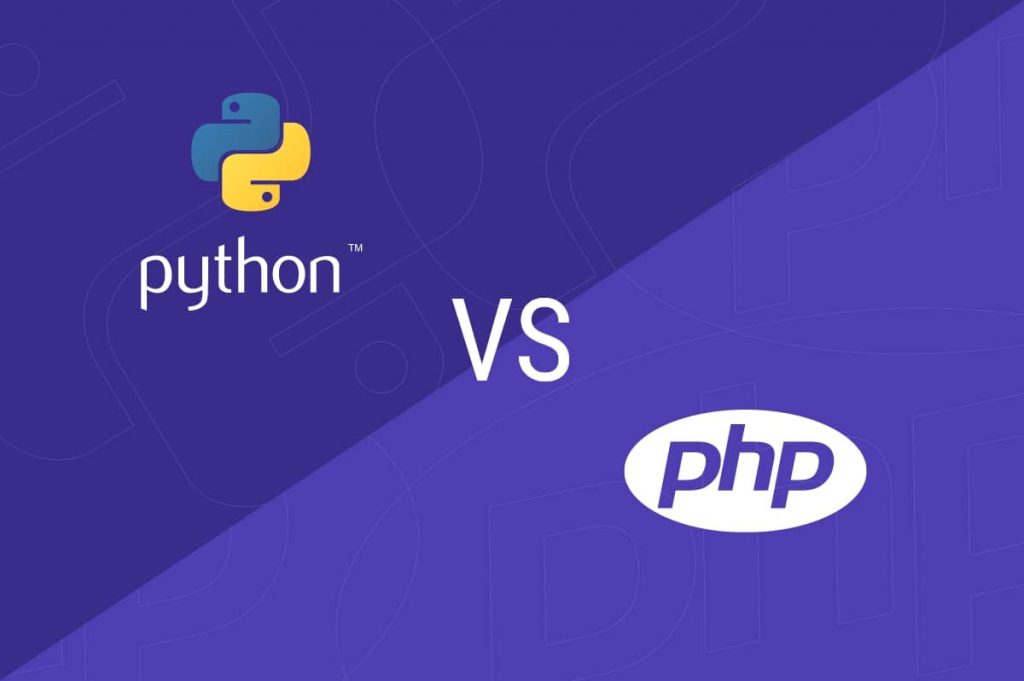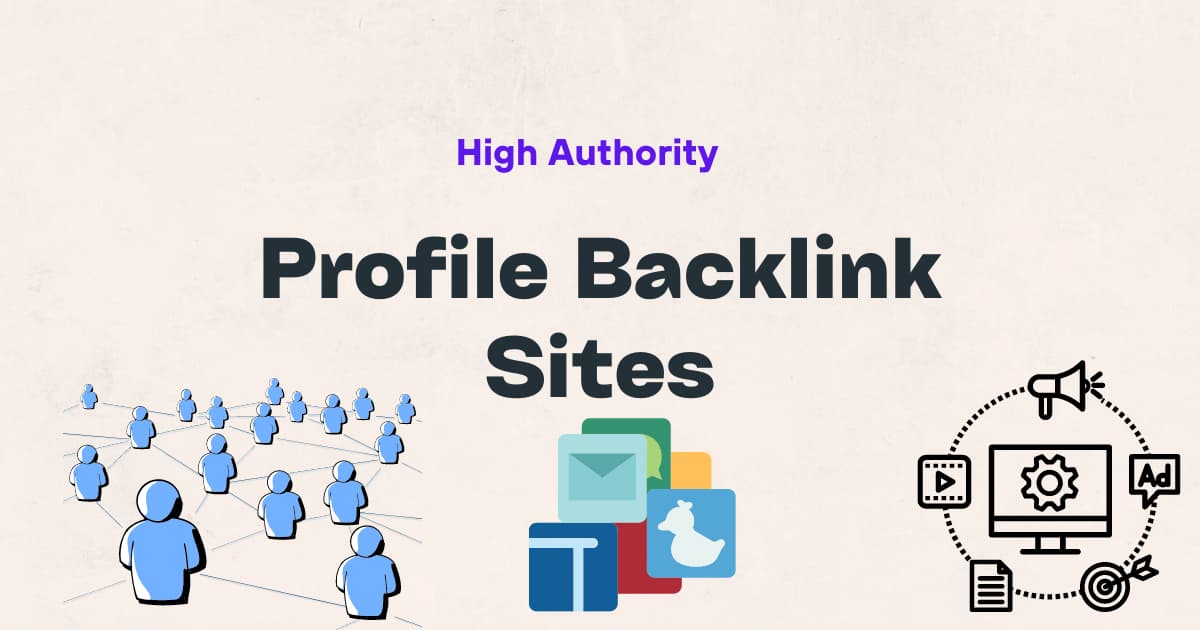Deciding between PHP and Python depends on your project requirements and familiarity with the languages. Each has its strengths and use cases, so understanding them is crucial for making the right choice.
PHP is preferred for web development due to its integration with databases and simple syntax, making it ideal for dynamic content. On the other hand, Python’s versatility, readability, and vast library support make it great for data science, machine learning, and automation tasks.
Consider your goals, project scope, and personal preferences when selecting the language that aligns best with your needs. Let’s delve deeper into the features and benefits of PHP and Python to determine which one suits your programming needs.

Overview Of Php
Comparing PHP and Python, PHP is a popular open-source scripting language mainly used for web development. It’s known for its simplicity and ease of use, while Python is favored for its readability and versatility. Both are widely used, and choosing between them depends on the specific project requirements and personal preferences.
History Of Php
PHP, which stands for Hypertext Preprocessor, was created by Rasmus Lerdorf in the mid-1990s. Originally, PHP was developed as a scripting language to manage his personal website. However, he soon realized its potential and released it as an open-source project. PHP became an instant success, gaining popularity among developers due to its simplicity and flexibility.
Features Of Php
PHP is a server-side scripting language that is widely used for web development. It offers a range of features that make it suitable for creating dynamic and interactive web applications. Some key features of PHP include:
- Easy to learn and use
- Supports various databases
- Can be embedded within HTML
- Open-source and free
- Platform independent
- Extensive documentation and community support
Advantages Of Php
PHP has numerous advantages, making it a popular choice among developers for web development. Here are some of the advantages of using PHP:
- Easy Integration: PHP can be easily integrated with HTML, allowing developers to create dynamic web pages seamlessly.
- Large Community: PHP has a vast and active community of developers who offer support, share resources, and contribute to its continuous improvement.
- Wide Range of Frameworks: PHP boasts a wide range of frameworks, such as Laravel, Symfony, and CodeIgniter, which simplify web development and provide reusable code libraries.
- Efficient Performance: With the introduction of PHP7, its performance has significantly improved, making it faster and more efficient for server-side scripting.
- Database Support: PHP supports a wide range of databases, including MySQL, PostgreSQL, and MongoDB, making it suitable for building robust and scalable web applications.
- Flexibility: PHP offers great flexibility, allowing developers to work with minimal restrictions and easily adapt the language to suit their specific needs.
- Cost-effective: Being open-source, PHP helps businesses save on licensing fees and allows for faster development and deployment.

Overview Of Python
Comparing PHP and Python, Python stands out for its clean syntax, versatility, and extensive libraries. Python is ideal for data science, AI, web development, and scripting tasks, offering a robust and dynamic programming environment. Whether you’re a beginner or an experienced developer, Python’s simplicity and power make it a top choice for many.
Overview of Python Python is a high-level, interpreted programming language known for its simplicity and readability. It is versatile and widely used, especially in web development and data analysis. History of Python Python was created by Guido van Rossum in the late 1980s with the aim of emphasizing code readability. Over the years, it has evolved into one of the most popular programming languages globally. Features of Python – Simple syntax makes it easy to learn for beginners. – Interpreted language allows for quick code execution and debugging. – Dynamic typing enables flexibility and faster development cycles. Advantages of Python – Extensive libraries for various applications. – Platform-independent nature allows code to run on different systems. – Strong community support for continuous improvement.
Comparison Of Syntax And Structure
When deciding which programming language to learn or use for a project, it’s essential to consider the comparison of syntax and structure of popular languages like PHP and Python.
Syntax Of Php
PHP uses a syntax that is similar to C and other programming languages. It is characterized by its use of php start and end tags to enclose PHP code ?. PHP statements end with a semicolon, and variables are declared using the dollar sign ($).
Syntax Of Python
Python, known for its simplicity and readability, uses indentation to define code blocks. It doesn’t use semicolons to terminate statements and doesn’t require explicit declaration of variables.
Structure Of Php
PHP is a server-side language often embedded in HTML for web development. It can easily be mixed with HTML code, allowing developers to create dynamic web pages.
Structure Of Python
Python is versatile and can be used for web development, scripting, and software development. Its clear and easy-to-understand syntax contributes to its strong structural foundation.
Performance And Speed
When choosing between PHP and Python, one important consideration is their performance and speed. Both languages have their strengths and weaknesses in this regard, so it’s essential to understand how they compare. In this article, we’ll delve into the performance and speed of PHP vs. Python to help you make an informed decision.
Performance Of Php
PHP is known for its high performance when handling web applications. It is designed to execute code quickly, making it an efficient choice for web development projects. With its ability to handle a large number of requests simultaneously, PHP performs admirably in web server environments.
Performance Of Python
On the other hand, Python is recognized for its versatility and high-level performance. While it may not be as fast as PHP in certain web development scenarios, its extensive libraries and frameworks contribute to its strong overall performance in various applications.
Speed Of Php
PHP boasts impressive speed, particularly in web server environments. Its ability to process dynamic content swiftly and deliver fast response times makes it a popular choice for web development.
Speed Of Python
Python’s speed is commendable in a wide range of applications. Despite not being as fast as PHP in web development, its efficient execution of complex tasks and computations makes it suitable for diverse projects.
Ecosystem And Community
Php Ecosystem
PHP has a vast ecosystem with numerous frameworks like Laravel and CodeIgniter. These frameworks provide robust tools for web development.
Python Ecosystem
Python’s ecosystem is rich in libraries like Django and Flask, enabling diverse applications. The versatility of Python attracts developers globally.
Community Support For Php
PHP boasts a large community with active support on forums like Stack Overflow. Developers can find quick solutions to challenges.
Community Support For Python
The community backing Python is known for its friendliness and collaborative spirit. Support forums like Python Reddit offer valuable assistance.
Use Cases And Applications
When it comes to choosing a programming language, understanding its use cases and applications is crucial. This will help you determine which language is the right fit for your specific needs. In this section, we’ll explore the use cases for PHP and Python, as well as popular websites and projects that utilize these programming languages.
Use Cases For Php
PHP, which stands for Hypertext Preprocessor, is a widely-used server-side scripting language designed for web development. It excels in creating dynamic and interactive web pages as well as web applications. Here are some common use cases for PHP:
- Building dynamic websites: PHP’s flexibility and powerful features make it ideal for creating websites that display real-time data and handle user interactions.
- Web application development: PHP enables the creation of complex web applications such as content management systems (CMS), customer relationship management (CRM) software, and e-commerce platforms.
- Form handling: PHP simplifies the process of collecting and validating user input from forms, making it popular for developing contact forms, registration forms, and other interactive elements.
Use Cases For Python
Python is a versatile, high-level programming language that can be used for a wide range of applications. Its simplicity, readability, and extensive libraries have made it a popular choice among developers. Here are some common use cases for Python:
- Data analysis and scientific computing: Python’s extensive libraries, such as NumPy, SciPy, and Pandas, make it a powerful tool for processing and analyzing large datasets.
- Web development: Python frameworks like Django and Flask enable developers to build scalable and secure web applications with ease.
- Machine learning and artificial intelligence: Python’s libraries, including TensorFlow and scikit-learn, make it an excellent choice for building and deploying machine learning models.
Popular Websites/projects Using Php
PHP has a strong presence in the web development community, powering numerous popular websites and projects. Some notable examples include:
- Facebook: One of the largest social media platforms, Facebook is built on PHP.
- WordPress: A widely-used content management system (CMS) that powers millions of websites worldwide.
- Wikipedia: The popular online encyclopedia utilizes PHP to handle its vast amount of content and user contributions.
Popular Websites/projects Using Python
Python has gained significant popularity in recent years and is utilized by several high-profile websites and projects. Some examples include:
- Google: Python is extensively used by Google for various purposes, including web crawling, infrastructure management, and testing.
- Instagram: The popular photo-sharing platform uses Python for its backend services and data analysis tasks.
- Netflix: Python is employed at Netflix for analytics, recommendation systems, and content delivery.
Choosing The Right Language For You
Choosing between PHP and Python can be a tough decision. Both languages have their strengths and weaknesses, so it’s important to consider your goals and preferences when making a choice. Whether you prioritize performance or ease of use, weighing the pros and cons of each language will help you determine which one is right for you.
When it comes to choosing a programming language for your project, it’s essential to consider your specific requirements and personal preferences. Two popular options, PHP and Python, have been widely used and debated among developers. Each language has its own strengths and weaknesses, which can significantly impact your development process and the success of your project. To help you make an informed decision, let’s explore the key considerations for PHP and Python, along with the importance of personal preference and project requirements.
Considerations For Php
If you are looking to develop web applications or work with a content management system (CMS), then PHP might be the right choice for you. Consider these factors when deciding:
- Easy to learn and use: PHP has a straightforward syntax and is known for its simplicity and ease of use. This makes it an ideal language for beginners and those who want to get started quickly.
- Large community support: PHP has a vast and active community of developers who continuously contribute to the language’s development and provide support through various forums and resources.
- Wide range of frameworks and libraries: PHP offers a plethora of frameworks and libraries, such as Laravel and Symfony. These frameworks provide pre-built functionalities and make development faster and more efficient.
- Strong integration with databases: PHP has excellent support for database integration, making it suitable for building dynamic websites and applications that require database interactions.
Considerations For Python
If you are aiming to build applications with a focus on readability, maintainability, and scalability, Python might be the perfect fit. Here are some considerations to keep in mind:
- Clean and readable code: Python emphasizes code readability, making it easy to understand and maintain. Its syntax is designed to be concise and expressive, resulting in a clean and elegant coding style.
- Broad range of applications: Python is a versatile language that can be used for web development, data analysis, scientific computing, artificial intelligence, and more. Its versatility allows developers to work on various projects using the same language.
- Extensive libraries and frameworks: Python boasts a vast collection of libraries and frameworks, such as Django and Flask, which facilitate rapid development. These tools provide pre-built functionalities and eliminate the need to build everything from scratch.
- Community support and scalability: Python has a strong and supportive community that encourages best practices and offers extensive documentation. Additionally, Python’s scalability enables easy integration with other languages, making it suitable for complex projects.
Personal Preference And Project Requirements
When it comes to choosing between PHP and Python, personal preference and project requirements play a crucial role. Consider the following factors:
- Familiarity with the language: If you already have experience with either PHP or Python, it might be wise to leverage your existing knowledge in order to save time and effort.
- Project complexity and scale: Depending on the requirements of your project, one language may be better suited than the other. PHP is commonly used for small-scale projects, while Python is often favored for large-scale and more complex applications.
- Team collaboration: If you are working with a team, their preferences and skills should also be taken into account. It’s essential to choose a language that everyone is comfortable with to ensure seamless collaboration and productivity.
No language is inherently superior to the other; instead, the choice depends on various factors and your specific needs. By considering the considerations for PHP and Python, along with your personal preferences and project requirements, you can make the right decision and set yourself up for success.
Frequently Asked Questions On Php Vs. Python: Which Programming Language Is Right For You?
Should I Use Python Or Php?
Python is versatile, readable, and great for web development, while PHP has a narrower focus on web development. Consider the project requirements and your familiarity with the languages to choose the best fit. Remember, Python allows for a wider range of applications, making it a popular choice.
Which Language Is Easy Php Or Python?
Both PHP and Python have their own learning curves, but Python is generally considered easier for beginners due to its readability and simplicity.
Why Do Programmers Prefer Php?
Programmers prefer PHP because it’s a versatile language with a vast community and extensive documentation. It powers many popular websites and frameworks, like WordPress and Laravel. PHP is easy to learn, supports multiple databases, and offers great performance on the server-side.
Why Is Php Not Used Anymore?
PHP is still used, but it’s declining due to performance and security issues. Many prefer modern languages like Python, Node. js for better support and scalability.
Conclusion
Ultimately, the choice between PHP and Python depends on your project requirements and preferences. Both languages have strengths and weaknesses, so consider your coding style and goals. PHP is robust for web development, while Python offers versatility and ease of use.
Evaluate your needs to select the best fit.




